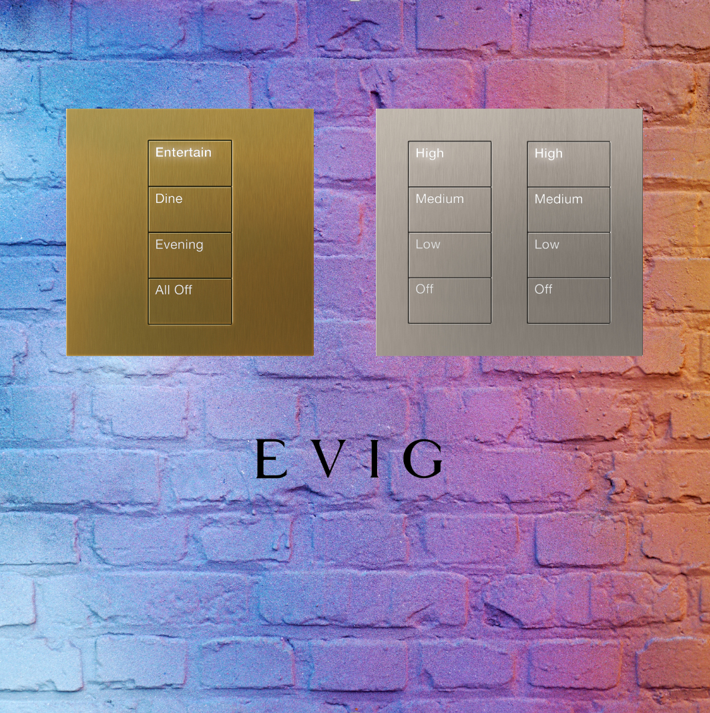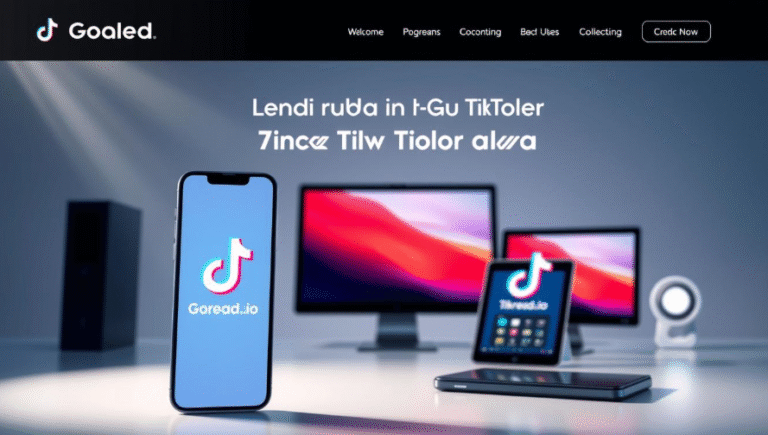Why Building Trust Online Matters: Tactics for Stronger Digital Authority

Key Takeaways
- Building digital trust goes beyond basic SEO—it shapes how audiences and search engines perceive your brand.
- Strategies like authentic link building, quality content, and proactive reputation management drive genuine authority.
- Recent shifts in search algorithms place increasing value on authority signals derived from trustworthy sources and content.
- Establishing trust online is a cumulative process that requires both technical and relationship-building efforts.
- Staying informed about changes in algorithms and best practices helps maintain and grow digital credibility.
Table of Contents
- Why Trust Makes or Breaks Digital Success
- Underpinning Digital Trust: SEO and Beyond
- Link Building Strategies That Build Reputation
- Role of Content in Establishing Authority
- Managing Reputation in the Age of Instant Feedback
- Measuring Your Digital Authority
- Staying Adaptable in a Changing Landscape
- Getting Ahead: Expert Tips for Lasting Trust
- Conclusion
Why Trust Makes or Breaks Digital Success
In today’s highly competitive digital landscape, trust is often the determining factor between brands that capture lasting attention and those that fade into obscurity. Online users—both consumers and business decision-makers—scrutinize for signs of credibility before making decisions. Visual cues like consistent messaging, authoritative backlinks, and transparent communication help build confidence in your brand. As search algorithms grow more sophisticated, these trust signals directly influence website performance, boosting rankings and cementing customer loyalty. One of the most effective ways to establish digital authority is through off-site activities that reinforce your reputation across the web. Leveraging off page SEO services is essential to accumulate trustworthy signals. These strategies—spanning link acquisition, brand mentions, and external content placements—help raise visibility and affirm legitimacy in the eyes of both search engines and real people. Building digital trust is not a one-time effort but an ongoing commitment that evolves with audience expectations. Brands that consistently nurture this trust create stronger customer relationships and enjoy long-term business resilience. Ultimately, trust doesn’t just enhance online presence—it becomes the foundation of sustainable digital success.
Underpinning Digital Trust: SEO and Beyond
While traditional search engine optimization plays a foundational role in getting your site discovered, building robust digital trust requires a comprehensive approach. Technical SEO ensures your website is accessible and secure, but trust extends to user experiences that feel genuine and transparent. This involves clearly stated privacy policies, proof of expertise, and a reliable presence in esteemed directories or review platforms. Showcasing awards, certifications, or third-party validations can further set your brand apart, making visitors feel secure in their interactions and transactions. Today’s users tend to verify brands before engaging. Social proof—such as customer testimonials, partner logos, and transparent responses to questions—serves as a tangible reflection of authenticity. Encouraging satisfied customers to share feedback and participate in your digital community amplifies the trust journey, turning one-time visitors into passionate advocates. Organizations that champion transparency and value-driven communication set themselves up as authorities in their industries.
Link Building Strategies That Build Reputation
Strategic link building is one of the most direct methods to foster digital trust. High-value backlinks from respected industry sites serve as endorsements that search engines and users alike recognize. Rather than chasing sheer quantity, focus on earning links from sources with established authority and relevance to your field. Guest posting on trusted publications, participating in industry forums, and securing mentions on reputable directories demonstrate expertise and relevancy. Editorial links—those given naturally by other sites referencing your valuable content—carry significant weight in trust-building. Proactively reaching out for strategic partnerships or collaborations can lead to organic mentions and connections. Additionally, ensure your backlink profile remains free from manipulative, spammy links, as associations with dubious sources can damage your credibility. For deeper insights, explore Moz’s comprehensive approach to link building.
Role of Content in Establishing Authority
Content is the lifeblood of online authority. Consistently delivering insightful, original, and helpful material answers your audience’s real-world questions and differentiates your brand as a go-to resource. Long-form guides, industry research, and thought leadership pieces encourage sharing, earn links, and boost visibility. Structured content—incorporating well-researched facts, expert opinions, and detailed explanations—offers substantial value to readers and search engines alike. Regular content audits are key to ensuring relevance and accuracy. Outdated information can erode trust, whereas up-to-date, data-backed resources reinforce your commitment to authority. Incorporating media such as videos, infographics, and interactive tools can further engage users and enhance perceived expertise.
Managing Reputation in the Age of Instant Feedback
Feedback cycles in the digital world are swift and often public. Online reviews and social media commentary can either strengthen or undermine your reputation overnight. Proactively monitoring mentions, reviews, and direct feedback is critical. Brands that respond to criticism promptly and transparently—admitting mistakes and outlining resolutions—tend to preserve and even enhance trust. Negative comments, when handled professionally, offer opportunities to underscore your values. Setting up automated alerts using tools like Google Alerts keeps you informed of brand mentions across the web. Regularly auditing public sentiment, engaging with both supporters and critics, and making improvements based on feedback create a culture of responsiveness. This agile approach is vital in a world where reputation is not just built, but maintained continuously.
Measuring Your Digital Authority
Effective trust-building strategies rely on meaningful measurement and regular evaluation. Common metrics to gauge digital authority include domain rating, backlink diversity, share of voice, and sentiment analysis. Platforms like Ahrefs, SEMrush, and Google Search Console deliver actionable insights into organic growth and trust signals. Industry benchmarking is equally important—tracking your progress compared to similar brands highlights gaps and new opportunities. Periodic reviews of your digital footprint allow for agile strategy adjustments, ensuring your authority isn’t undermined by outdated tactics or negative associations. Regular reporting and transparent team discussions make improvement an ongoing priority, not a one-time objective.
Staying Adaptable in a Changing Landscape
The digital landscape is constantly changing. Search engines regularly update their algorithms and introduce new ranking factors focused on authority and trust. Staying ahead requires flexibility—adopting new formats, exploring emerging channels, and actively debunking misinformation. Brands that consistently track news and insights from trusted sources position themselves for long-term relevance. Being adaptable also means equipping your team with the latest training on best practices, compliance, and industry developments. Encouraging open-minded experimentation, supported by data, allows brands to evolve confidently as expectations Shift.
Getting Ahead: Expert Tips for Lasting Trust
- Focus on cultivating high-integrity relationships; avoid shortcuts that risk damaging your reputation.
- Be forthright about sponsorships, partnerships, and the nature of paid content to maintain transparency.
- Regularly audit your link profile, promptly disavowing any suspicious or low-quality backlinks.
- Encourage customers to share positive experiences, and show genuine respect when handling criticism.
- Keep your knowledge current on algorithm changes and digital trust guidelines through recognized industry resources.
Conclusion
Establishing digital trust is an ongoing journey demanding thoughtful strategies, consistent execution, and adaptable thinking. By prioritizing reliable off-site practices, high-quality content, and responsive reputation management, brands can build an ironclad authority that stands the test of time and technology. In a rapidly changing digital environment, sustained credibility rewards organizations with better visibility, loyalty, and long-term success.





